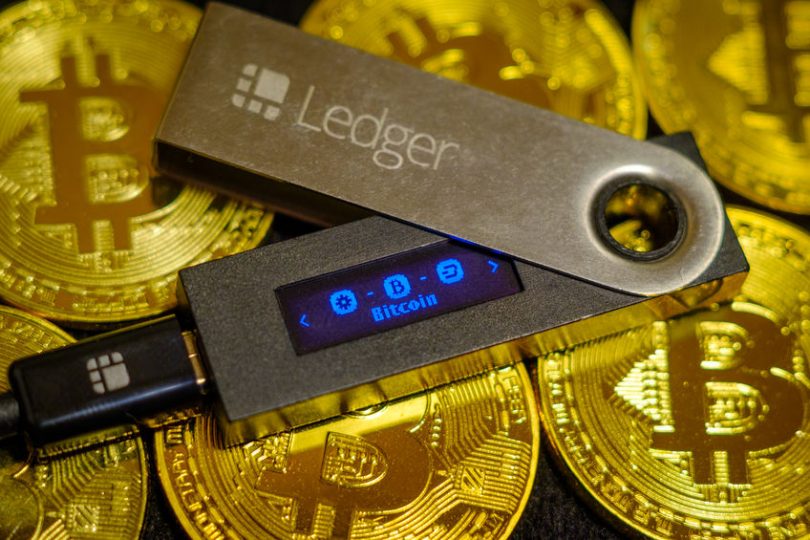In the rapidly evolving world of cryptocurrencies, managing and securing your digital assets has become a critical concern. One of the most fundamental tools to help with this is a Ledger wallet. But what exactly is a crypto wallet, how does it work, and why is it essential for anyone dealing with cryptocurrencies? Let’s dive into the details.
What is a Crypto Wallet?
A crypto wallet is a digital tool or software that allows users to store, manage, and interact with their cryptocurrencies. Cryptocurrencies like Bitcoin, Ethereum, and others are stored on the blockchain, but to access and manage them, you need a wallet. Think of it as a digital version of a physical wallet but designed for digital currencies.
A crypto wallet doesn’t store the actual coins themselves; instead, it stores the private keys—secret cryptographic keys that are used to sign transactions and access your crypto funds. These keys are the only way to access and manage your crypto assets, making the wallet a crucial element in safeguarding your holdings.
Types of Crypto Wallets
Crypto wallets come in various forms, each offering a different level of security, convenience, and control over your digital assets. Broadly, they can be divided into two categories:
1. Hot Wallets (Software Wallets)
These wallets are connected to the internet and are ideal for active traders or those who need quick access to their assets. Hot wallets are usually available as mobile apps, desktop software, or even web-based platforms. Some popular hot wallets include:
- Exodus
- Trust Wallet
- MetaMask
While hot wallets offer ease of use, they are more vulnerable to online threats like hacking or phishing attacks. Therefore, they are generally not recommended for storing large amounts of crypto over the long term.
2. Cold Wallets (Hardware Wallets)
Cold wallets are physical devices that store your private keys offline, making them much more secure from online threats. These wallets are typically used for long-term storage and are considered a safer option for holding significant amounts of crypto. Popular cold wallets include:
- Ledger Nano S/X
- Trezor
Because cold wallets are offline, they are less convenient for making frequent transactions. However, their added security makes them a preferred choice for crypto investors who prioritize safety.
Key Features of Crypto Wallets
Regardless of whether you choose a hot or cold wallet, there are several key features to look for in a crypto wallet:
- Private Key Control: The wallet should allow you to retain control over your private keys. Losing access to your private keys means losing access to your cryptocurrencies.
- Backup and Recovery Options: Look for wallets that offer backup options, such as seed phrases, to help you recover your assets if your device is lost or damaged.
- Multi-Currency Support: Some wallets support a wide range of cryptocurrencies, while others may be specific to one coin or token. Consider your portfolio when selecting a wallet.
- User Interface: A clean, intuitive interface can make managing your crypto holdings much easier, especially for beginners.
- Security Features: Look for additional security features like two-factor authentication (2FA), biometric authentication, and multi-signature options.
How to Choose the Right Crypto Wallet?
Choosing the right crypto wallet depends on your needs and how you plan to interact with your cryptocurrency. Here are a few factors to consider:
- Frequency of Transactions: If you make regular trades or payments, a hot wallet may be the best option for quick and easy access to your assets.
- Amount of Cryptocurrency: If you hold a large amount of cryptocurrency, it’s safer to store it in a cold wallet, which is less prone to hacking.
- Security Needs: If security is a top concern for you, a cold wallet or a multi-signature wallet is recommended, as these are far less vulnerable to cyber threats.
- Ease of Use: Beginners might find software wallets with user-friendly interfaces more appealing, while experienced users may prefer more advanced, secure options.


